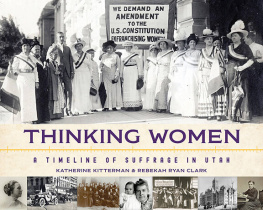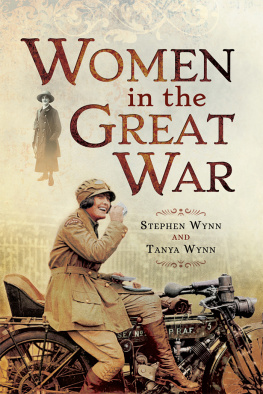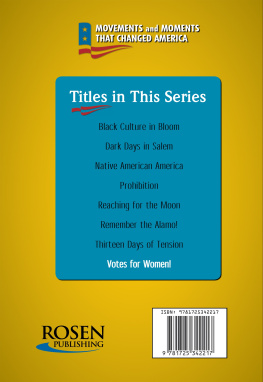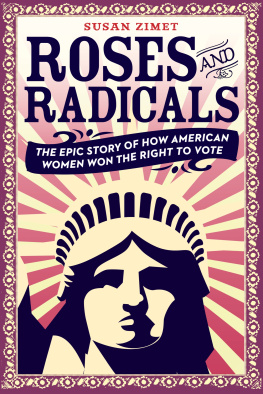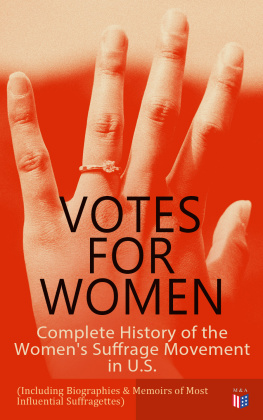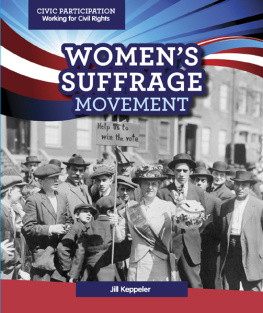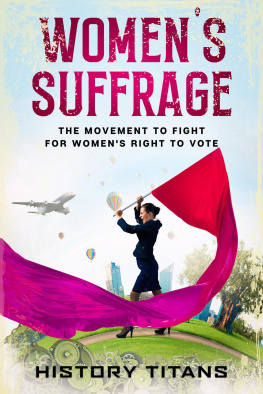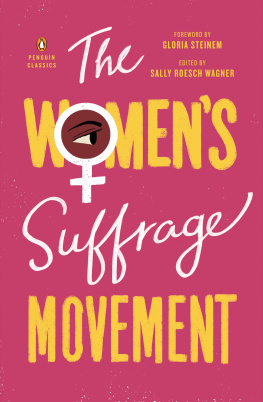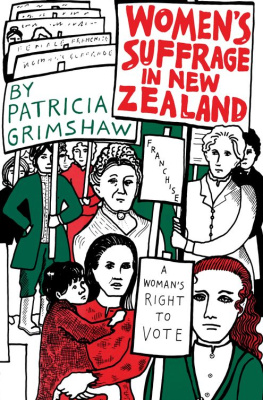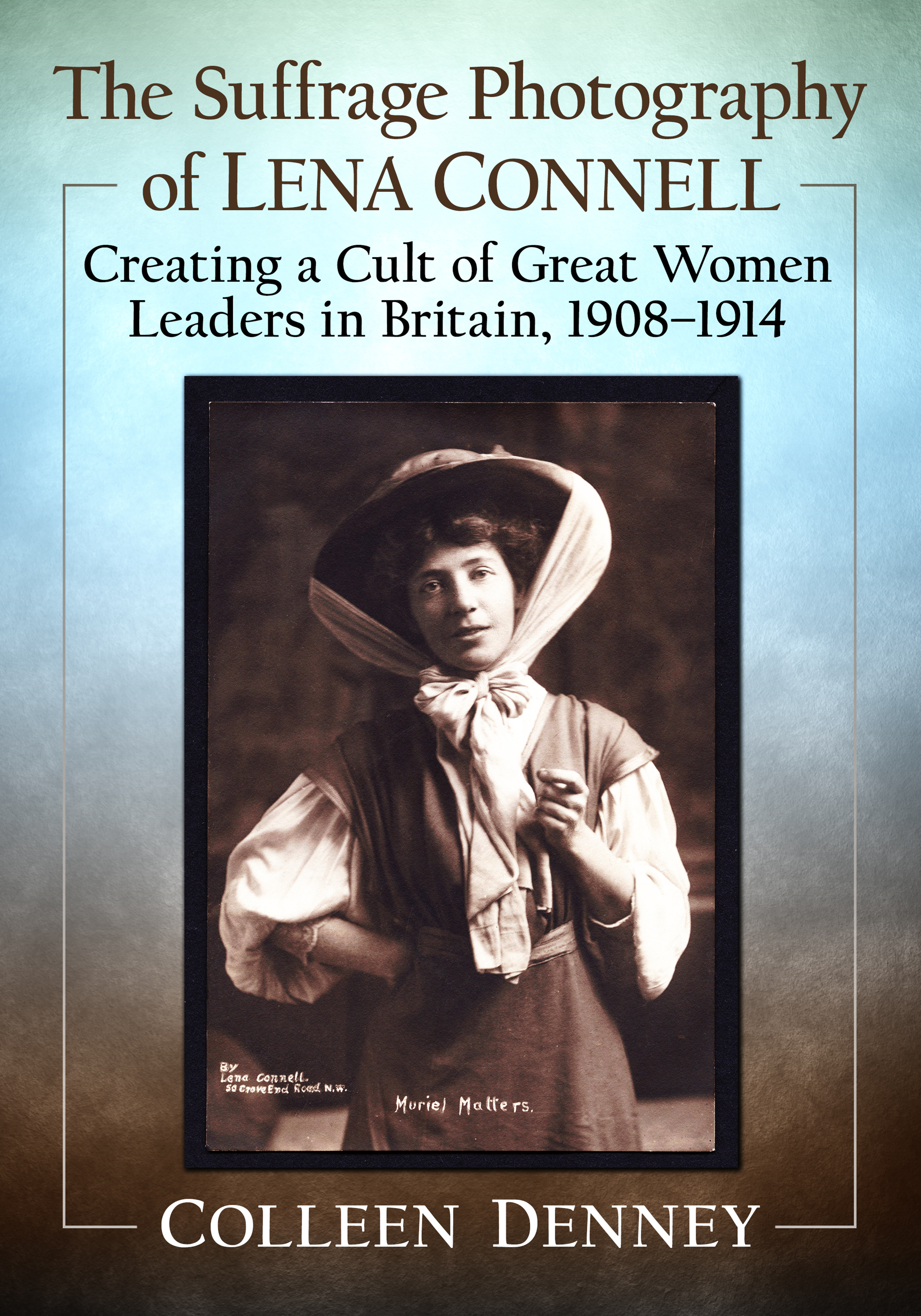The Suffrage Photography of Lena Connell
The Suffrage Photography of Lena Connell
Creating a Cult of Great Women Leaders in Britain, 19081914
Colleen Denney

McFarland & Company, Inc., Publishers
Jefferson, North Carolina
This book has undergone peer review.
ISBN (print) 978-1-4766-8162-7
ISBN (ebook) 978-1-4766-4390-8
Library of Congress and British Library cataloguing data are available
Library of Congress Control Number 2021038633
2021 Colleen Denney. All rights reserved
No part of this book may be reproduced or transmitted in any form or by any means, electronic or mechanical, including photocopying or recording, or by any information storage and retrieval system, without permission in writing from the publisher.
Front cover: Muriel Matters, c. 1910. Postcard based on a photograph by Connell. Acquired by Muriel Matters Society from the Hodgson Sisters Collection. Photograph courtesy of Muriel Matters Society, Adelaide, South Australia.
Printed in the United States of America
McFarland & Company, Inc., Publishers
Box 611, Jefferson, North Carolina 28640
www.mcfarlandpub.com
For Caitlin and Keefer
Table of Contents
Acknowledgments
This book is the product of over fifteen years of research and travel. I wish to thank all of my grant funders, including the University of Wyoming College of Arts and Sciences, who awarded me a Seibold Fellowship in 20132014 for research travel; and a Caitlin Long Fund grant in 2020 to cover publication costs; and the University of Wyoming Office of Academic Affairs which supported two sabbaticals in 20052006, and spring 2019. In addition, I am grateful for continuing travel and research funds from the Gender and Womens Studies Program within the School of Culture, Gender and Social Justice, University of Wyoming, which has helped me fill in the gaps of the scholarship within various archives. Further, I thank the Wyoming Institute for Humanities Research at the University of Wyoming; in my Affiliate Faculty position I received a research award in 201516 to begin the manuscript of this book. I was able to enhance this work considerably during my 2019 sabbatical work in Australia on the visual culture of Australian womens suffrage. Funding for that journey came from three sources at the University of Wyoming: The Social Justice Research Center Research Fellowship; The Center for Global Studies U.S. Senator Malcolm Wallop Conversations in Democracy Fellowship; and an International Travel Grant from the Global Engagement Office.
I have been fortunate to work with excellent staff and scholars at the following institutions in England: The Museum of London; the Womens Library, London School of Economics and Political Science; the National Portrait Gallery Heinz Archive and Library; and the British Library. Crucial conversations with independent scholar on British womens suffrage, Elizabeth Crawford, as well as Terence Pepper, Katherine Cockin and Diane Atkinson, have greatly enhanced my knowledge. The assistance of archivists and museum personnel have been vital; I owe considerable gratitude to Beverley Cook, Gillian Murphy, and Anna Towlson. On a personal level, I continue to be blessed by the friendship of Marten Matthews and Caroline Jenkins, who offered much-needed respite in the English countryside and its coasts when the work became too much. Weekend reprieves with you were essential. In Australia, I am most grateful to the following institutions for their assistance: The National Library of Australia, Canberra; the State Library of South Australia, Adelaide; and the State Library of Victoria, Melbourne. On another personal note, I wish to thank my long-time Aussie cycling friends who I first met on the Tour de Wyoming bike ride in 2009 and have the lingering hangover to prove it (!); located in Adelaide, they were such welcome hosts. I am grateful for their friendship and thank them deeply for connecting me to important people and festival events as well as being enchanting companions and guides: Ray Taarnby, Trevor Davey, and Ian Peak. And to the woman who was my best friend when I was a child living in Melbourne (and, as we discovered some 49 years later, still rocks as one of my soulmates), Niki Harley. I owe special gratitude to Frances Bedford and Steven Anderson for being such generous and gracious hosts at the Parliament House of South Australia and for their continued work on keeping the legacy of Miss Muriel Matters, that daring Australian girl, alive in the Muriel Matters Society. Sincere thanks to my colleague Rachel Sailor and my always-mentors Gabriel P. and Yvonne Weisberg who provided intellectual support at critical moments. The staff at McFarland Press, in particular my editors Natalie Foreman and David Alff, have been very patient with all of my questions. I thank them for supporting this project. Perhaps my biggest debt goes to the person with the most patience, my fearless computer specialist, Margarita Rovani, whose help was crucial at many stages of the book. And to our Gender and Womens Studies office associates, Wendy Perkins and Crystal Hill, without whose help there would be no images in this book!
I dedicate this book to my grown children, Caitlin and Keefer Denney-Turner, ensconced themselves in the humanities world, out there aiding, enriching and improving lives through provocative theatre and international human rights work. I love you both to the moon and beyond and am so proud of how you are both making a difference in the world with your passion, energy and dedication. I hope that you continue to take the world by storm, kiddos!
Preface
When I began the final version of this book in 2019, we had just lost one of our most important womens voices, Toni Morrison. And, as I revisit this preface today, I am still reeling from the testimony of U.S. House of Representatives member, Alexandria Ocasio-Cortez, standing on the House floor to call out the misogyny and racism of some her male colleagues. Now we, as feminists, feel somewhat vindicated since Joe Biden just announced Senator Kamala Harris as his running mate for the Presidency. But then our feminist world all but collapsed when we lost Ruth Bader Ginsburg. In the wake of her death, I heard from every generation of women students I have had the pleasure to teach over that past thirty-two years. The correspondence that hit me the hardest was from one of my youngest former students, who simply wrote: I am not okay. These strong women offer us alternative ways of being and give us hope. For certain generations of women, our admittedly well-meaning mothers just wanted us to fit in rather than be rebels. They knew from their own experiences that to fit in offered some semblance of peace, if not happiness. But some women are born with big engines and generous hearts that propel them to make a difference. Such is the case of the British suffrage women I share with you in this book.
I was recently at a Womens Yoga and Meditation Retreat at Shambahla Mountain Center in northern Colorado, near my home in Wyoming. I met many amazing, thoughtful women between the ages of twenty-eight to my-then sixty and beyond. For all of them, the most important draw for the retreat was that it offered them time with a group of women; the power of women was palpable in both their initial sharing and their heartfelt closing words, many of them, like me, having already lost their mothers and grandmothers, hence their most immediate lineage, history and mentors.


